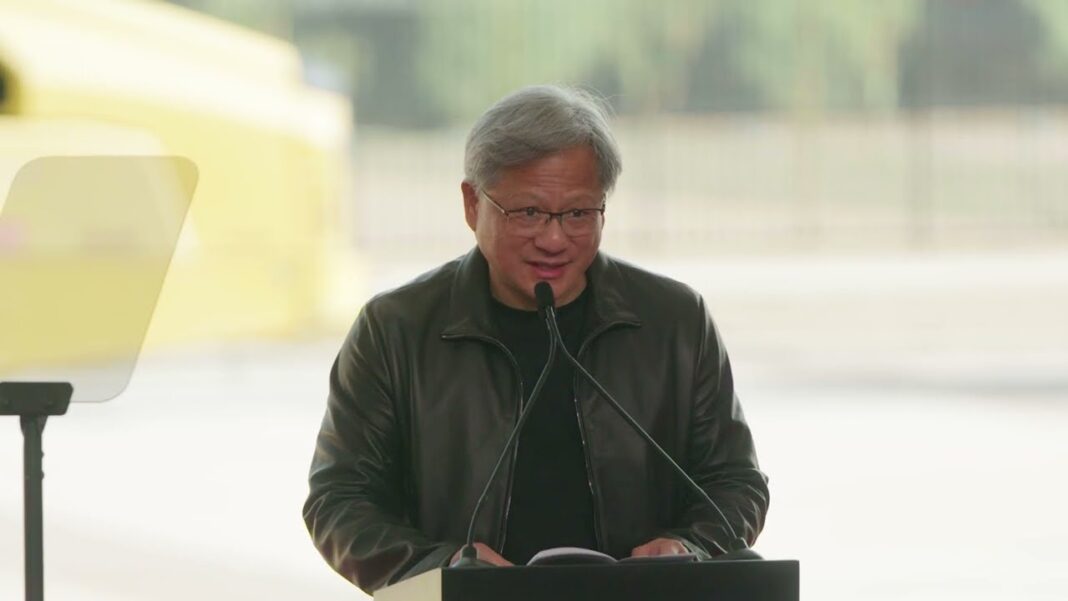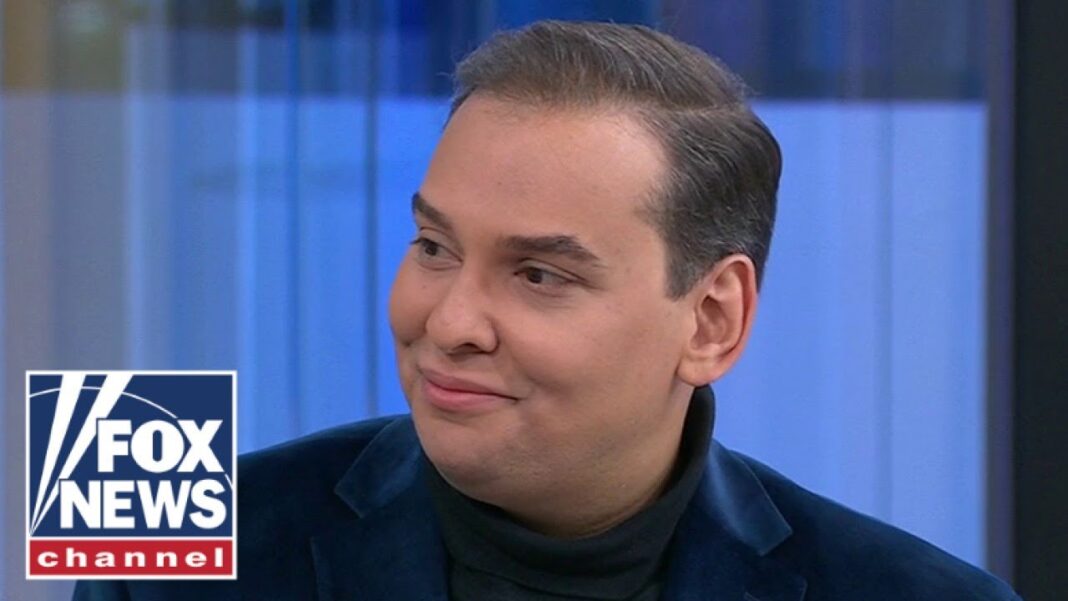Political observers say personnel changes and questions about Xi Jinping’s authority will dominate Fourth Plenum closed-door discussions this week.
In the latest shake-up within China’s top leadership, the Chinese Communist Party (CCP) announced on Oct. 16 the expulsion of nine senior military officers, including one of the two vice chairmen of the Central Military Commission (CMC) and a member of the CCP’s powerful Politburo.
The announcement was made days before the CCP’s Fourth Plenum of the 20th Central Committee, scheduled for Oct. 20 to Oct. 23 in Beijing. The timing and scale of the shake-up have fueled speculation that the CCP’s political system may be entering a period of dramatic change.
The Fourth Plenum is a closed-door meeting in which 370 senior CCP officials will carve out the Party’s agenda for the next five years.
Shrinking Attendance
The Fourth Plenum takes place midway through the current Central Committee’s five-year term, which began at the 20th CCP Congress in 2022 and will end in 2027. Analysts say attendance at the upcoming meeting could serve as a public barometer of how deep rumored internal purges have gone.
China current affairs commentator Li Linyi told The Epoch Times that if the number of Central Committee members attending drops sharply, excluding those absent for health or official reasons, it could provide the clearest evidence yet of a large-scale power struggle within the CCP.
China analyst and freelance writer Du Zheng has counted 46 Central Committee members who have reportedly faced disciplinary or corruption charges since 2022, although only 19 of them have been officially announced as having been removed.
On Oct. 17, the Chinese Ministry of National Defense announced that four generals, including former People’s Armed Police Cmdr. Wang Chunning, were stripped of their seats in the CCP’s rubber-stamp legislature for “disciplinary violations and allegedly serious duty-related crimes.”
The announcements suggest that more military and political figures could be implicated. The removal of Central Committee members will also trigger replacements, a process that could reveal further shifts in loyalty and power.
“Even the new appointees [for the Party’s Central Committee] could be unpredictable,” said Taiwanese defense researcher Shen Ming-Shih, noting that past replacements have bypassed expected candidates due to corruption probes.







